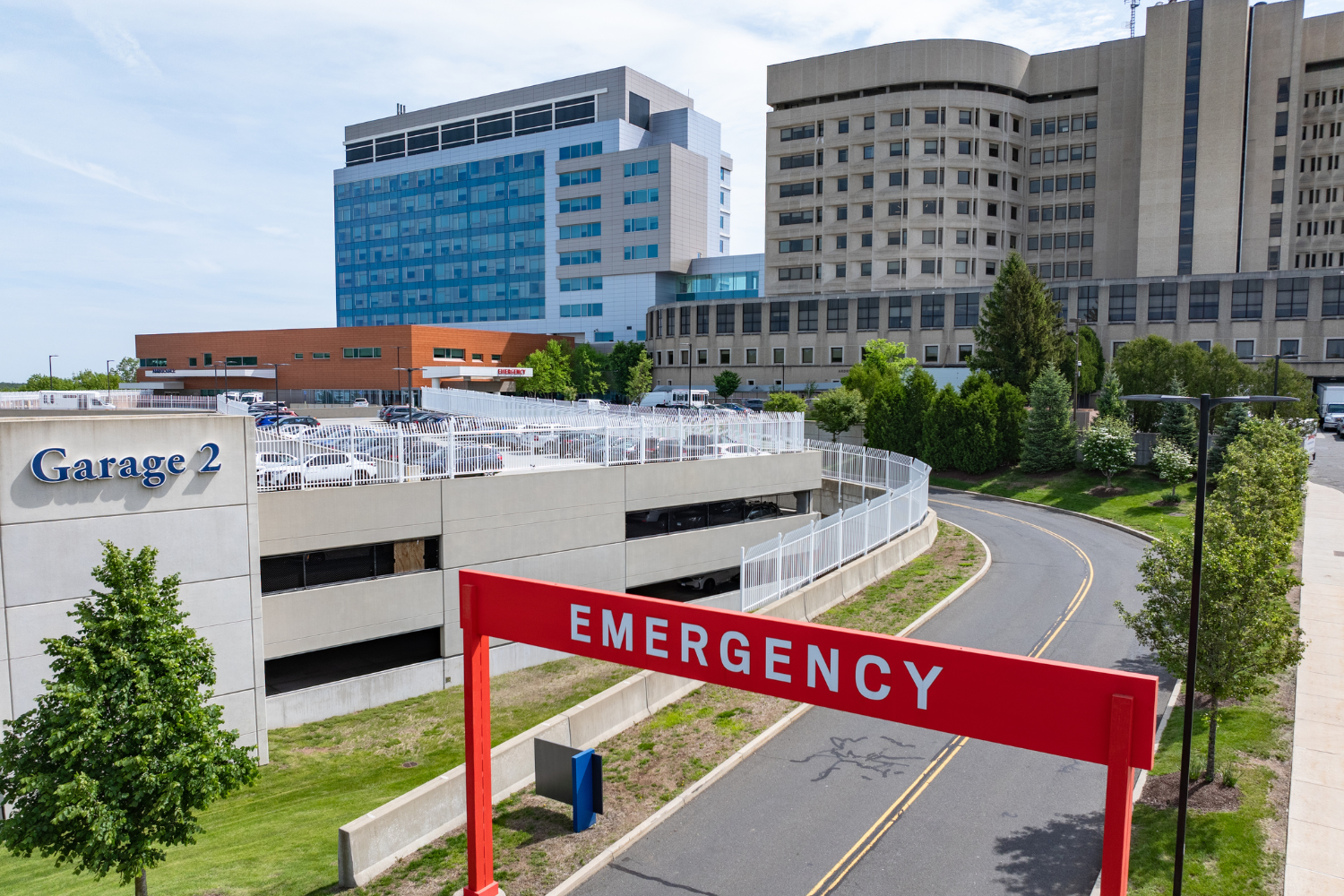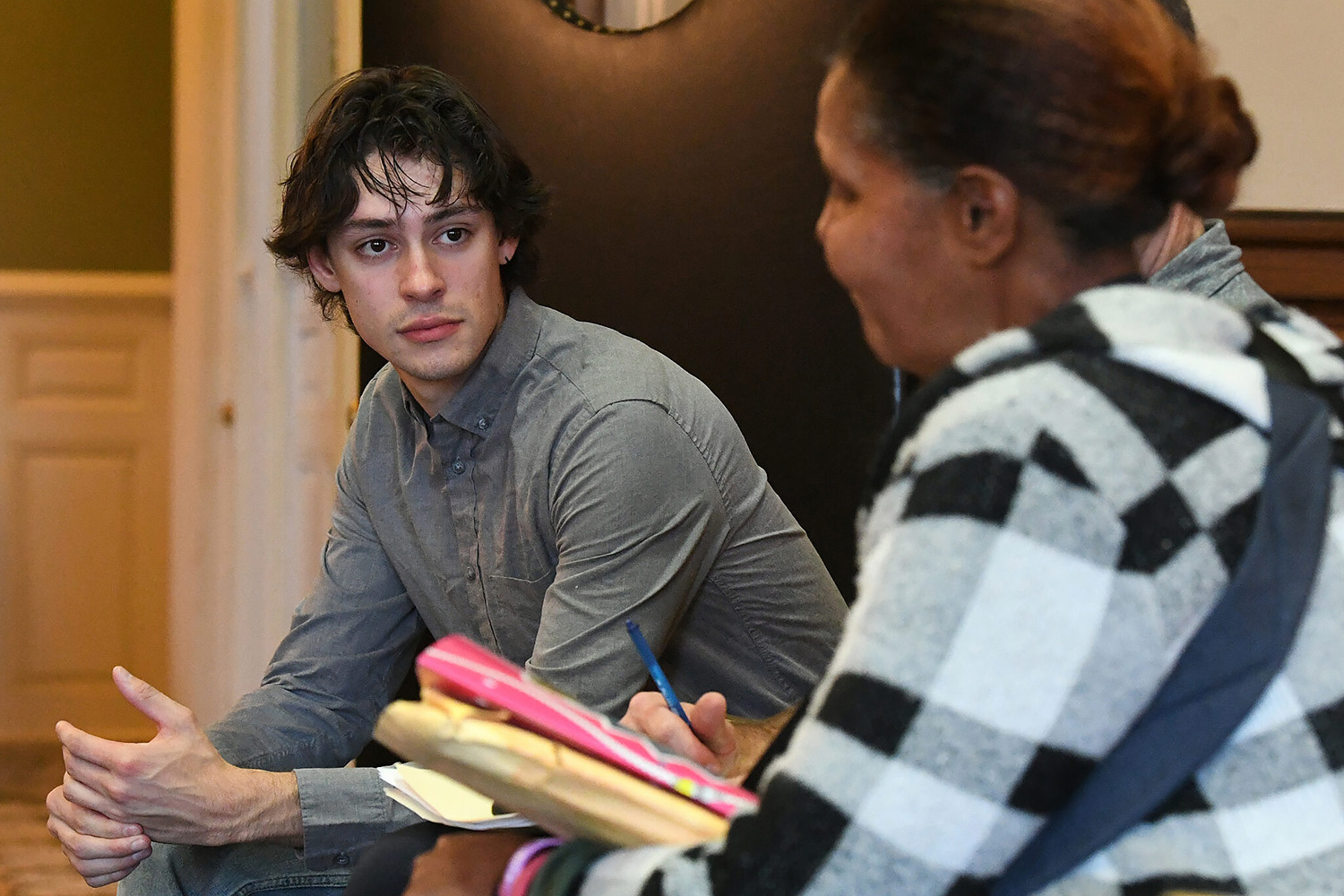
A communication sciences professor addresses an audience of engineering graduate students and faculty. Carolyn Lin is describing how to give a lecture that is not only informative but engaging. The seminar is part of a new initiative launched in the fall by the School of Engineering to provide graduate students with professional development opportunities.
Held on Fridays throughout the academic year, these talks offer students an opportunity to learn skills that are vital to their future careers but are not often taught in standard engineering classes. The seminars cover a wide range of topics, including proposal and technical writing, teaching skills, entrepreneurship, and career planning. The sessions are led by faculty from across the University, giving engineering students a wide range of experiences and perspectives from which to draw.
The series arose from a realization among the School of Engineering’s leadership that graduate students needed to be equipped with professional as well as academic skills, says Sonya Renfro, program coordinator for outreach and diversity in the School of Engineering. “Our graduate students need additional training in preparation for their careers. They’re getting all the technical, engineering, and science training in their classes and in their lab work, but they’re really not getting the skills necessary for proper presentation and even technical writing.”
The program, which was developed by Renfro, Dean Mun Choi, and Jun-Hong Cui, assistant dean for graduate studies and diversity – along with the Student Association of Graduate Engineers – aims to change that. Renfro says that, although professional skills are important for the job market, there was previously no structured way for graduate students to acquire them.
The new program offers that formal instruction. “Students wanted more, and this type of professional development is really giving them that,” Renfro says.
This type of program is something new not only for UConn but for other schools as well. She said some other schools have similar types of programs, but not on the same scale as the School of Engineering’s offerings. The engineering school hopes the new program will make its graduate students more competitive right out of UConn, giving them a head start in skills that many graduates do not start to learn until they begin their professional career.
The initiative is also intended to enhance the culture and reputation of the School and University more broadly. Graduate students are an integral part of research and teaching mission at UConn. The professional development series provides significant support for students in applying for federal fellowship programs and grants that bring prestige not only to themselves but to the University as well. And, since graduate students hold teaching assistantships and teach many classes in the School of Engineering, the emphasis on presentation and teaching techniques will help build the learning environment in undergraduate classes.
Each seminar consists of one or more presenters giving a short lecture on a topic, then inviting the audience to participate and ask questions. The sessions are specially tailored for engineers, so participants gain an understanding of what engineers specifically need to succeed, particularly in terms of technical writing and presentation. A professional certificate is also offered if a student attends at least six of the 10 seminars offered during the year.
The response from graduate students has been enthusiastic. Derek Doran, a Ph.D. student in computer science and engineering, says he recognizes that students need something beyond technical skills to succeed in engineering.
“As graduate students, we are supposed to focus on technical details and research, but at the same time we often lose a broader perspective of what it means to be a professional,” Doran says. “These sessions show that administrators have a real interest in making sure we are successful professionals, as well as researchers.”
Paiyz Mikael, a Ph.D. student in materials science and engineering, describes how the program can help ease the transition for incoming graduate students. “When you’re starting out, you often don’t know where to begin,” she says. There are some skills students may not feel comfortable addressing on their own, she adds, but the seminars provide an opportunity for instructors to explicitly teach those skills.
Cui, the assistant dean who is the director of the new initiative, is excited by the positive start to the new program. She believes the initiative separates UConn from other engineering schools: “Our systemic graduate professional development program will make UConn engineering unique. Besides helping current students, we believe that this program will also attract more quality students.”
The seminars continue in the spring semester. A schedule of topics, locations, and times is available on the School of Engineering website.


